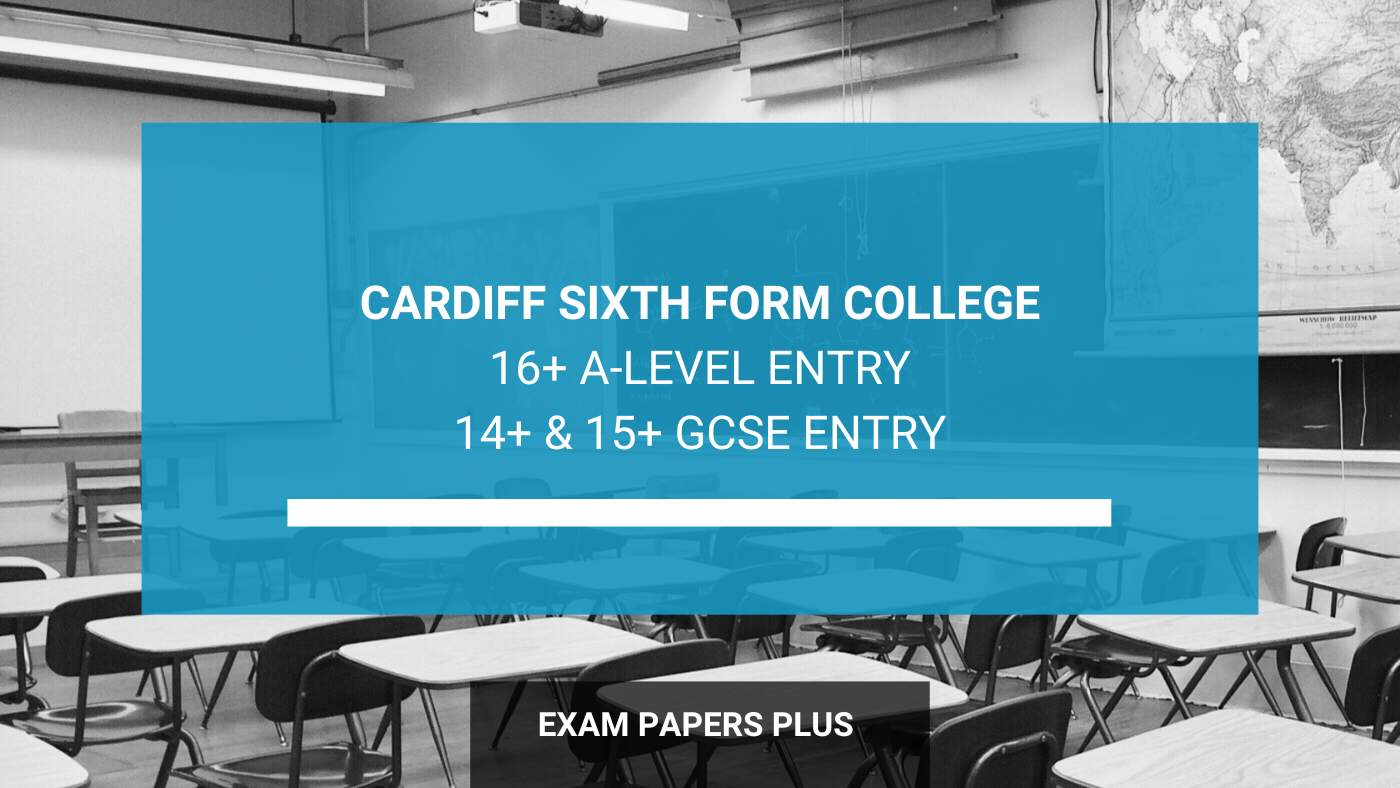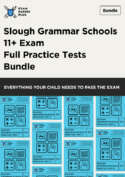
GCSE Physics Exam Preparation
Bookmark this page? Pop your email into the box below to receive a link to this article so you can easily refer back to it later.
Table of Contents
Introduction
The GCSE physics exam comprises of a variety of topics and understandably, some students can feel daunted at the prospect of taking the tests. However, with thorough preparation, students have a greater chance of achieving their best result.
Below, we’ve outlined some essential tips on how to prepare for the GCSE physics exam:
Understand the Syllabus
To perform well in both tests, you need to be familiar with the syllabus and be prepared for what’s ahead. Looking at the curriculum is a good start, as you can anticipate the workload and use it as a reminder of what you’ve already covered.
Knowing what you’ll be tested in will ensure that you don’t waste valuable time covering topics that will not feature in the exam. Understanding the syllabus will also allow you to estimate your workload and how much time you’ll need to cover each topic.
For more information on what topics are covered in the exam, read our post GCSE Physics Topics: What You Need to Know for the Exam.
Draw Up a Revision Timetable
A revision timetable is key to providing structure to your GCSE physics preparation. Having a visual aid such as a dedicated revision wall planner can help you prioritise your time. Divide the timetable into regular study blocks and use different colours for each topic.
Hang your timetable somewhere prominent in your bedroom and once you’ve completed a revision session, tick it off the timetable. As you get closer to the exam, having a visual reminder of all the preparation you’ve done will give you a confidence boost.
Embrace Your Learning Style
There is no one-size-fits-all approach when it comes to learning. Everyone learns in a different way, so during your GCSE exam preparation, it’s important to find your preferred style of learning.
Knowing whether you’re a visual, auditory, reading or writing learner will help you choose revision techniques that enable you to get to grips with the topic content. In some cases, a mix of all these methods might suit you best. For example, you could split your studying between watching YouTube revision lessons and reading textbooks. You could try listening to podcasts, studying in a new place, or even something as simple as using different colours for your study notes to make them stand out.
Use the combination of learning methods that work specifically for you.
Join a Physics Study Group

If you find revision difficult, or if you’re struggling to grasp certain physics topics during your GCSE preparation, you might find it useful to join a study group.
Working in a group can be a great motivator as you can encourage each other and discuss your ideas together. Being part of a study group also enables you to swap revision techniques and resources with others. You’ll also be able to test each other’s knowledge by setting quizzes or working on answering questions together.
Group revision tends to be less dry and boring compared with solo study. Plus, it can provide reassurance that you’re not in it alone.
Use GCSE Physics Practice Resources
Using practice exam papers is one of the best things you can do to prepare for the GCSE physics exam. They are the closest you’ll get to the real thing and will help you become more familiar with the exam format, question styles and time pressure that comes from sitting a formal exam.
Practice papers are also a great way to gauge how your revision is going. They will reveal any topics you’re struggling with, giving you the chance to dedicate more revision time to specific areas before the actual exam.
At Exam Papers Plus, we publish GCSE physics practice tests that cover all eight topics in the syllabus. They provide sample questions for each of the four question types in the exam. We recommend that you use our practice papers under exam conditions to test your knowledge without any revision notes on hand.
Our GCSE packs are written and developed by former GCSE physics examiners and markers. They focus on the key skills that you’ll need to do well in higher tier GCSE exams.
We recommend the following resources to help with your GCSE physics revision:
All of our packs are available immediately after download.
Related posts:
GCSE Physics Topics: What You Need to Know for the Exam
GCSE Physics Help: Preparing for the Exam
How to Revise and Practice for GCSE Physics
GCSE Physics Energy Questions and Answers
GCSE Physics: Key Skills Pack – Providing Essential Exam Practice and Preparation
GCSE Physics: Working Scientifically
GCSE Physics: Understanding Exam Command Words
Bookmark this page? Pop your email into the box below to receive a link to this article so you can easily refer back to it later.
















